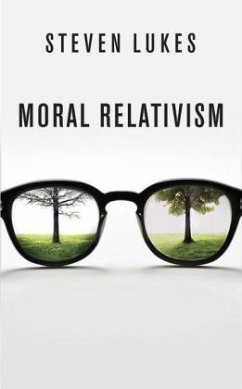Everyone holds beliefs. So what gives us the right to judge the behaviour of others in a world where ethics seem increasingly diverse and conflicting? Do universal human rights exist, or do we just have to accept that there's an irreparable moral discord between 'us' and 'the other'?In the current age of mass immigration, religious extremism and international terrorism issues of global morality are more pertinent than ever. But many people who are naturally-inclined to believe in universal 'human rights' also have a fear of ethnocentric arrogance. This conflict is central to the highly-charged debate about moral relativism. One may be repulsed by female circumcision, but is such opposition merely a form of moral imperialism? In this book, Steven Lukes examines what people believe and why. Is there any common ground, or is it simply a matter of 'us' and 'them'? For instance, do East Asian values inherently challenge those held in the West? Lukes' incisive polemic cuts to the heart
of the matter by focussing on the best arguments from both sides. He strips back conjecture to leave us with the key issues before laying bare the shocking requirements that moral relativism makes of its true advocates. This is philosophy at its exciting best and most relevant.
of the matter by focussing on the best arguments from both sides. He strips back conjecture to leave us with the key issues before laying bare the shocking requirements that moral relativism makes of its true advocates. This is philosophy at its exciting best and most relevant.

